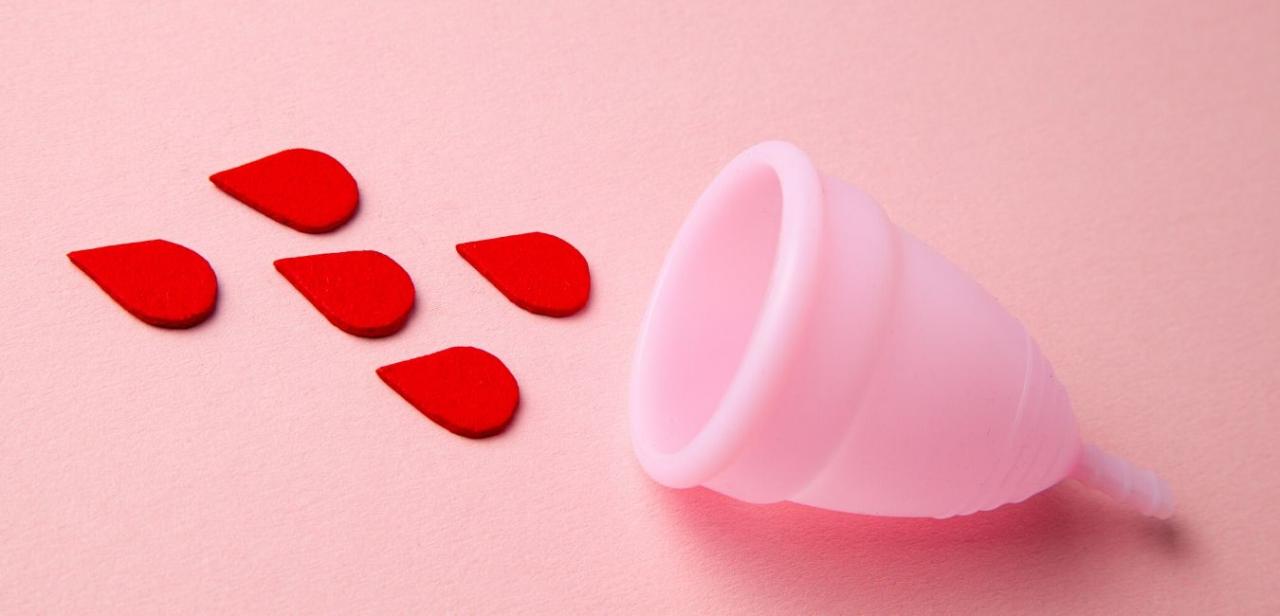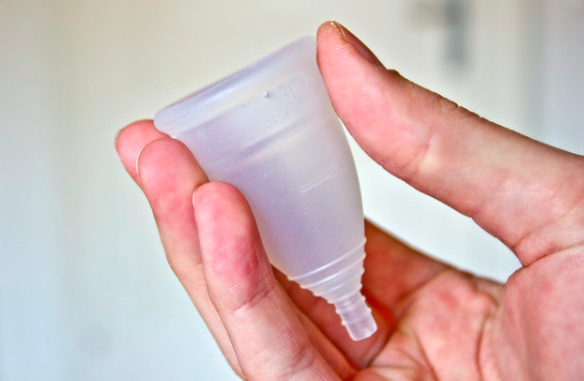 kropekk_pl/Pixabay
kropekk_pl/Pixabay
Breakthrough bleeding can occur with any birth control pill, especially during the first few months of use. This type of bleeding, also known as bleeding or spotting between periods, usually decreases within three months, and should stop by the fourth cycle, Dr. Judith Reichman said in an interview on TODAY.com.
According to Dr. Shannon K. Laughlin-Tommaso of the Mayo Clinic, this type of bleeding is more likely with extended-cycle regimes, such as Seasonale, Seasonique, and Quartette, where you have no period for three months or even longer. However, spotting can also occur when taking 28-day pills continuously.
Spotting between periods can have multiple explanations, though the exact reason is not always clear. Your body takes time to adjust to the hormones in the pill, and your uterus might take time to transition to a thinner lining.
According to Reichman, you should see whether it’s your fault — and not the pill’s! — that you are experiencing breakthrough bleeding.
Here is what you need to ask yourself:
1) Are you taking the pill the same time every day?
Missing a pill, or being inconsistent with the time you take it, can cause breakthrough bleeding. When the integrity of your uterine lining is affected, you might experience spotting between your periods.
To ensure that you are being consistent with your pill use, set an alarm on your phone that goes off at the same time everyday. Make sure you always carry your pills with you.
2) Are you taking medications or supplements that could affect the absorption of the pill?
Antibiotics, antacids, and supplements such as St. John’s wort could disrupt the absorption of your birth control pill. Reichman said that taking steroids in pill form or shots can also have an effect on pill content absorption.
3) Are you ill with vomiting or diarrhea?
These conditions can also impair the absorption of the pill and lead to breakthrough bleeding.
4) Could you have a sexually transmitted infection?
Sexually transmitted infections may cause bleeding between periods, and the pill does not protect against such conditions.
5) Do you smoke?
Smokers have a 30 percent increased risk of irregular bleeding in their first cycle of pill use, which can go up to 86 percent by the sixth cycle, according to Reichman.
Not only are women who smoke more likely to experience spotting than those who don’t, they also have a higher risk of heart attack and stroke — especially women over the age of 35.
According to Reichman, smoking decreases the absorption of the pill and reduces its effectiveness, possibly causing more breakthrough bleeding.
There are a few other reasons why you might experience bleeding between periods. For instance, combined oral contraceptives that contain smaller amounts of active ingredients may cause irregular bleeding patterns more than pills with higher doses.
Older-generation pills also don’t control bleeding as well as some of the newer birth control pills. Consult your doctor to see if you could try a combined pill with a higher dose of active ingredients, or try a different contraceptive method.
Sources:
Is breakthrough bleeding more common with extended-cycle birth control pills, such as Seasonale and others? Mayoclinic. Retrieved September 2, 2015.
http://www.mayoclinic.org/healthy-lifestyle/birth-control/expert-answers/seasonale-side-effects/faq-20058109
Is breakthrough bleeding usual when on the pill? TODAY.com. Retrieved September 2, 2015.
http://www.today.com/health/breakthrough-bleeding-usual-when-pill-2D80554288
Bleeding on the Contraceptive Pill: What Causes It? Empowher.com. Retrieved September 2, 2015.
https://www.empowher.com/sexual-health/content/bleeding-contraceptive-pill-what-causes-it?page=0,1
Reviewed September 4, 2015
by Michele Blacksberg RN
Edited by Jody Smith





Add a CommentComments
There are no comments yet. Be the first one and get the conversation started!